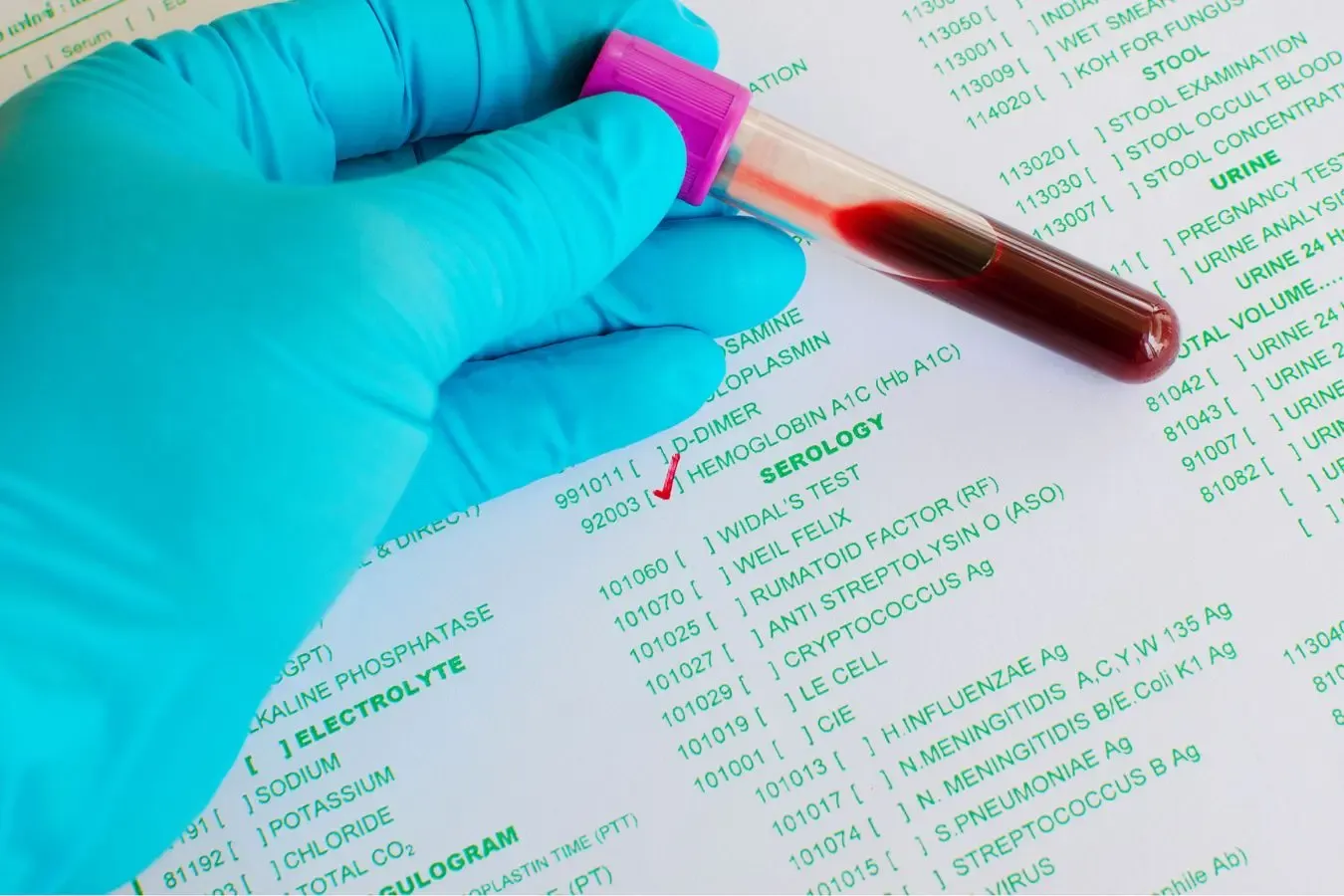Managing A1C levels is crucial for individuals with diabetes to maintain optimal health and reduce the risk of complications. In this comprehensive guide, we will explore effective strategies for lowering A1C levels and improving overall well-being.
Understanding A1C
A1C, or hemoglobin A1C, is a measure of average blood sugar levels over the past two to three months. It provides valuable insight into long-term blood glucose control and is a key indicator of diabetes management.
Importance of Lowering A1C
Lowering A1C levels is essential for individuals with diabetes to reduce the risk of complications such as cardiovascular disease, kidney damage, nerve damage, and vision problems. By achieving target A1C levels, individuals can significantly improve their quality of life and longevity.
Healthy Eating Habits
Diet plays a crucial role in blood sugar management. Adopting healthy eating habits, such as consuming a balanced diet rich in whole grains, fruits, vegetables, lean proteins, and healthy fats, can help stabilize blood sugar levels and lower A1C. Consider following dietary approaches like low-carb or Mediterranean diets, which have been shown to be effective in managing diabetes.
Regular Physical Activity
Exercise is another essential component of diabetes management. Regular physical activity helps improve insulin sensitivity, allowing cells to better utilize glucose and lowering A1C levels. Aim for at least 150 minutes of moderate-intensity aerobic exercise per week, supplemented with strength training exercises to further enhance glucose control.
Medication Management
In addition to lifestyle changes, medication may be necessary to achieve target A1C levels. Oral medications such as metformin, sulfonylureas, and DPP-4 inhibitors can help lower blood sugar levels, while insulin therapy may be required for individuals with type 1 diabetes or advanced type 2 diabetes. Work closely with your healthcare provider to determine the most appropriate medication regimen for your individual needs.
Stress Management Techniques
Stress can negatively impact blood sugar levels, making it essential to incorporate stress management techniques into your routine. Practices such as mindfulness meditation, deep breathing exercises, yoga, and progressive muscle relaxation can help reduce stress and improve blood sugar control.
Adequate Sleep
Sleep plays a vital role in blood sugar regulation and overall health. Poor sleep quality or inadequate sleep duration can disrupt hormone levels and lead to insulin resistance, ultimately affecting A1C levels. Aim for 7-9 hours of quality sleep per night and establish a regular sleep schedule to optimize blood sugar control.
Monitoring Blood Sugar
Regular blood sugar monitoring is essential for diabetes management. By tracking blood glucose levels throughout the day, individuals can identify patterns, make informed decisions about diet and medication, and adjust their treatment plan as needed to achieve target A1C levels.
Avoiding Sugary Beverages
Sugary beverages like soda, fruit juice, and sweetened coffee drinks can cause rapid spikes in blood sugar levels, making them detrimental to A1C control. Opt for water, unsweetened tea, or sparkling water flavored with fresh fruit as healthier alternatives to sugary drinks.
Maintaining a Healthy Weight
Maintaining a healthy weight is key to managing A1C levels and reducing the risk of complications associated with diabetes. Losing excess weight through a combination of healthy eating, regular exercise, and portion control can improve insulin sensitivity and promote better blood sugar control.
Limiting Alcohol Consumption
Alcohol can interfere with blood sugar regulation and may cause hypoglycemia or hyperglycemia, depending on the amount consumed and individual factors. Limit alcohol intake to moderate levels (up to one drink per day for women and up to two drinks per day for men) and consume alcoholic beverages with food to minimize its impact on blood sugar levels.
Consulting Healthcare Professionals
Regular check-ups with healthcare providers are essential for monitoring A1C levels and adjusting treatment plans as needed. Collaborate with your healthcare team, including doctors, nurses, dietitians, and diabetes educators, to develop a comprehensive diabetes management plan tailored to your individual needs and goals.
Conclusion
Lowering A1C levels requires a holistic approach that encompasses healthy lifestyle habits, medication management, and regular monitoring. By incorporating these strategies into your daily routine and working closely with your healthcare team, you can achieve better blood sugar control, reduce the risk of complications, and improve your overall health and well-being.
Reference: https://www.medicalnewstoday.com/articles/317216


